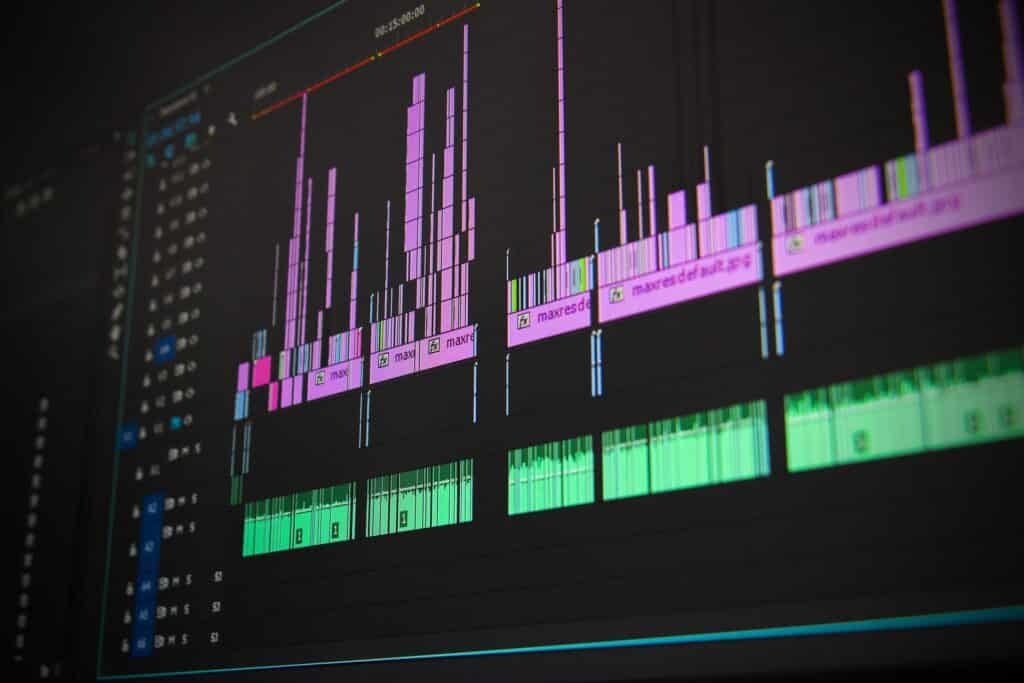The way we enjoy and buy music has transformed dramatically in recent decades due to digital technology and the internet. This shift has revolutionized music consumption, altering how we explore, access, and acquire music. The emergence of online music sales has been pivotal in this transformation, forging new connections between artists and listeners that were once unimaginable. As we stand on the brink of a new era, it’s crucial to analyze the trends that will shape the future of online music sales.
Streaming Domination and Subscription Models
Streaming services have taken the music industry by storm, with platforms like Spotify, Apple Music, and Amazon Music dominating the landscape. The convenience of access to vast music libraries without the need for physical storage has catapulted subscription-based streaming to the forefront. Reports show that streaming services have been performing well. According to IFPI’s Global Music Report 2022, the industry saw a higher growth rate in 2021. Certainly this is a way better than the previous year. Goldman Sachs predicted more in the future. As a highly under-monetized market, they also predicted that any price increase would be acceptable to the consumers. The future may bring increased consolidation of these services, with expanded offerings such as exclusive content, podcasts, and media. Certainly this will strengthen their core role in music consumption.

Decline of Digital Downloads in Online Music
Digital downloads once played a significant role in online music sales but have lost ground to streaming services. In fact consumers now favor the instant gratification and unlimited access that streaming offers, diminishing the appeal of purchasing individual tracks or albums. In the future, digital downloads are likely to become niche, catering to collectors and audiophiles who value high-quality formats.
NFTs and the Ownership Experience
Non-Fungible Tokens (NFTs) have revolutionized the music industry, offering artists a new way to monetize their work and fans a chance to own digital memorabilia. Besides NFTs create a unique opportunity to directly sell music and related content to fans, fostering a more intimate and exclusive relationship. This trend could redefine music ownership and create novel avenues for artists to connect with their audience.
Online Music: Virtual Concerts and the Metaverse
Surprisingly virtual concerts gained momentum due to the COVID-19 pandemic, ushering in a new era of live performances. As technology advances, virtual concerts are likely to evolve, incorporating augmented reality (AR) and virtual reality (VR) elements. Undeniably the concept of the Metaverse, a collective virtual shared space, could serve as a platform for immersive music experiences, enabling fans to engage with artists and fellow fans in entirely novel ways.
Personalized Marketing and Data Utilization
The digital landscape yields a wealth of data that can inform better understanding of consumer preferences and behaviors. The future of online music sales will likely emphasize data-driven marketing strategies, allowing artists and labels to tailor their offerings to individual tastes. This could result in more precise music recommendations, targeted promotions, and a deeper grasp of fan engagement.
Blockchain and Transparency
Blockchain technology holds potential to address transparency and fairness issues in the music industry. Besides smart contracts assure fair artist revenue from music sales and streaming, potentially lessening disparities between artists and intermediaries. Without a doubt this will lead to more equitable earnings distribution and stronger connections between creators and their audience.
Global accessibility and Localization in Online Music
Without a doubt the internet has transformed the world into a global village, enabling artists to reach audiences far beyond their geographical confines. The future may bring improved localization features, enabling artists to customize content and promotions for specific regions. Coupled with advancements in language translation technology, this localization could break down language barriers, fostering a more inclusive music ecosystem.
Frequently Asked Questions
The internet has revolutionized music sales by enabling digital distribution, direct-to-fan sales, and the rise of streaming platforms.
Certainly streaming services are a dominant force, offering convenience and access to vast music catalogs, but they also challenge traditional sales models.
Online music sales often result in higher margins for artists due to reduced manufacturing and distribution costs compared to physical sales.
The decline of physical sales has shifted focus to streaming and digital sales, raising concerns about fair compensation for artists and creators.
Blockchain indeed can improve transparency, traceability, and fair royalty distribution in online music sales, ensuring artists receive proper compensation.
Direct-to-fan platforms empower artists to sell music, merchandise, and experiences directly to fans, building a stronger artist-fan relationship.
Personalized playlists and curated content can drive engagement and subscription loyalty, boosting online music sales.
Surprisingly virtual and augmented reality could create immersive music experiences, potentially leading to new revenue streams for artists.
AI-generated music raises questions about authenticity, copyright, and creative ownership, potentially altering the dynamics of online music sales.
Online music sales break down geographical barriers, allowing artists to reach audiences worldwide, resulting in greater cultural exchange.
Conclusion
Finally, the future of online music sales will see a dynamic interplay of technological advancements, evolving consumer behaviors, and innovative business models. Streaming stays strong. Obviously NFTs, virtual concerts, and blockchain reshape artist-fan relations. Personalization and data-driven strategies will enhance music discovery. Online platforms’ global reach will introduce diverse musical genres worldwide. Collaborative efforts between artists, tech innovators, and the industry at large will be essential to fully realize the potential of online music sales in this exciting future.
If you are looking for a distribution platform to share your music to various streaming services, then join VIRPP today.



